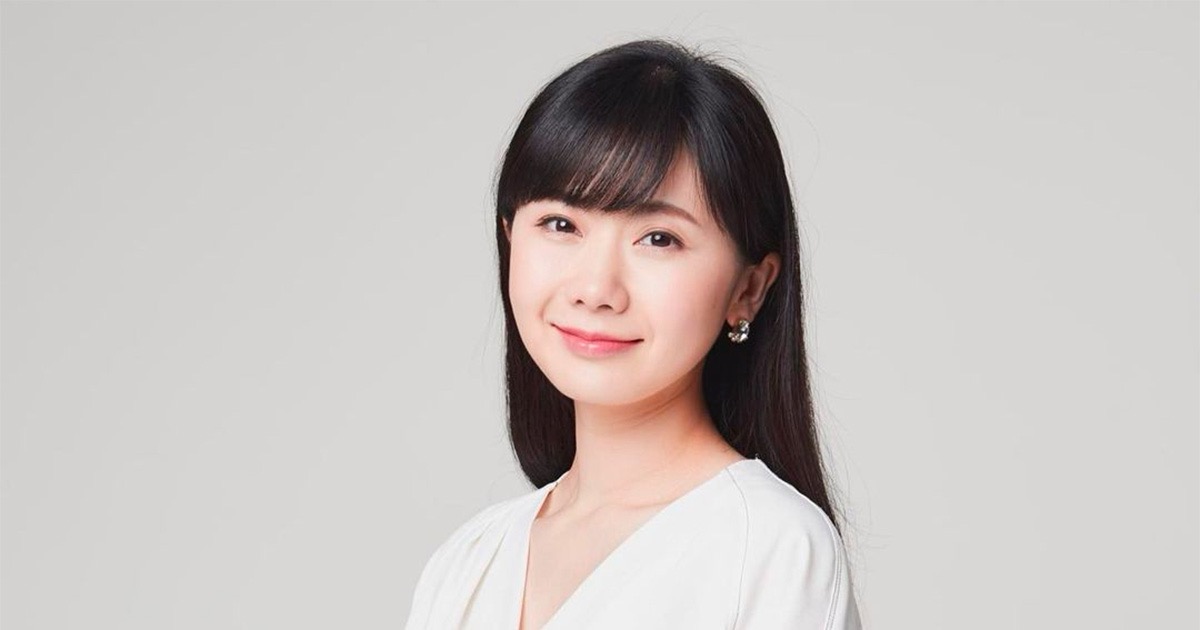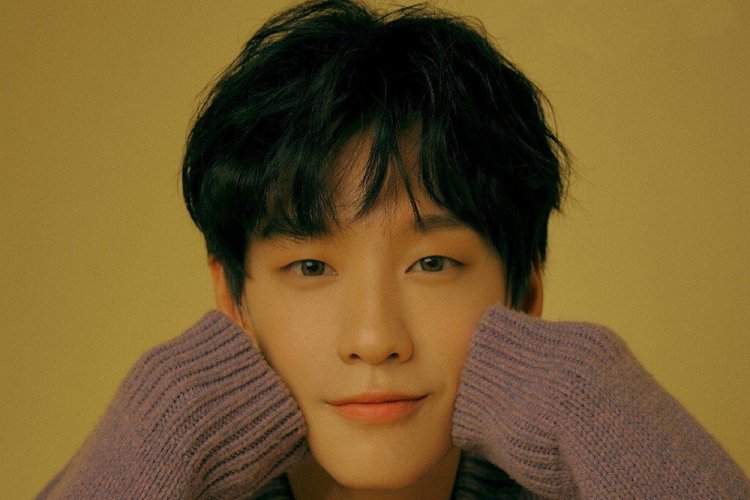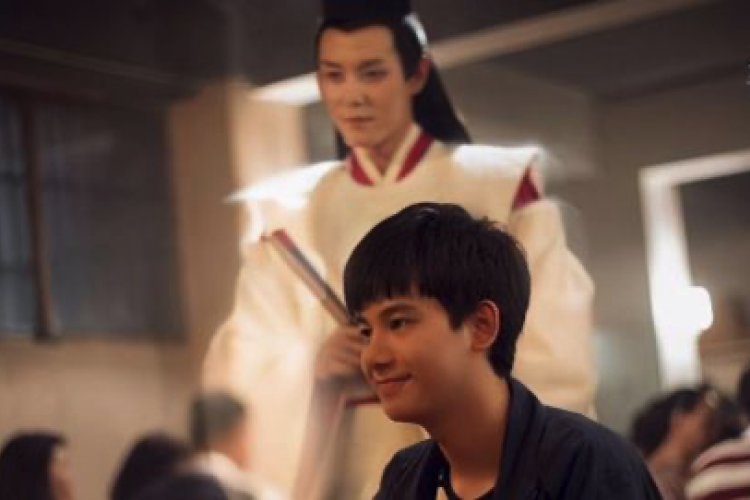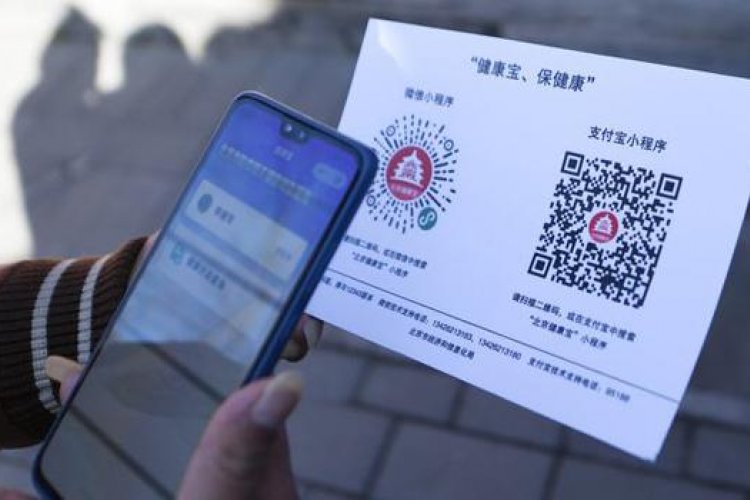Beijing Pops: Why Chinese People Are So Concerned With Pingpong Player Ai Fukuhara’s Marriage Crisis
Feeling left out when your Chinese colleagues are gossiping about a trending star? Puzzled by those glamorous Chinese faces in subway ads, but can't even tell who they are? Beijing Pops will help you get through it all with the latest pop culture and celebrity news.
A pingpong star's alleged divorce makes Weibo headlines
A good fairy tale always knows which page to end on – when the princess and her white-horse prince finally get married and live happily ever after, it's time to close the book. As grown-ups, however, we know that life just isn't that simple. Sometimes, the sands of time can begin to chip away at love from the very day of the wedding.
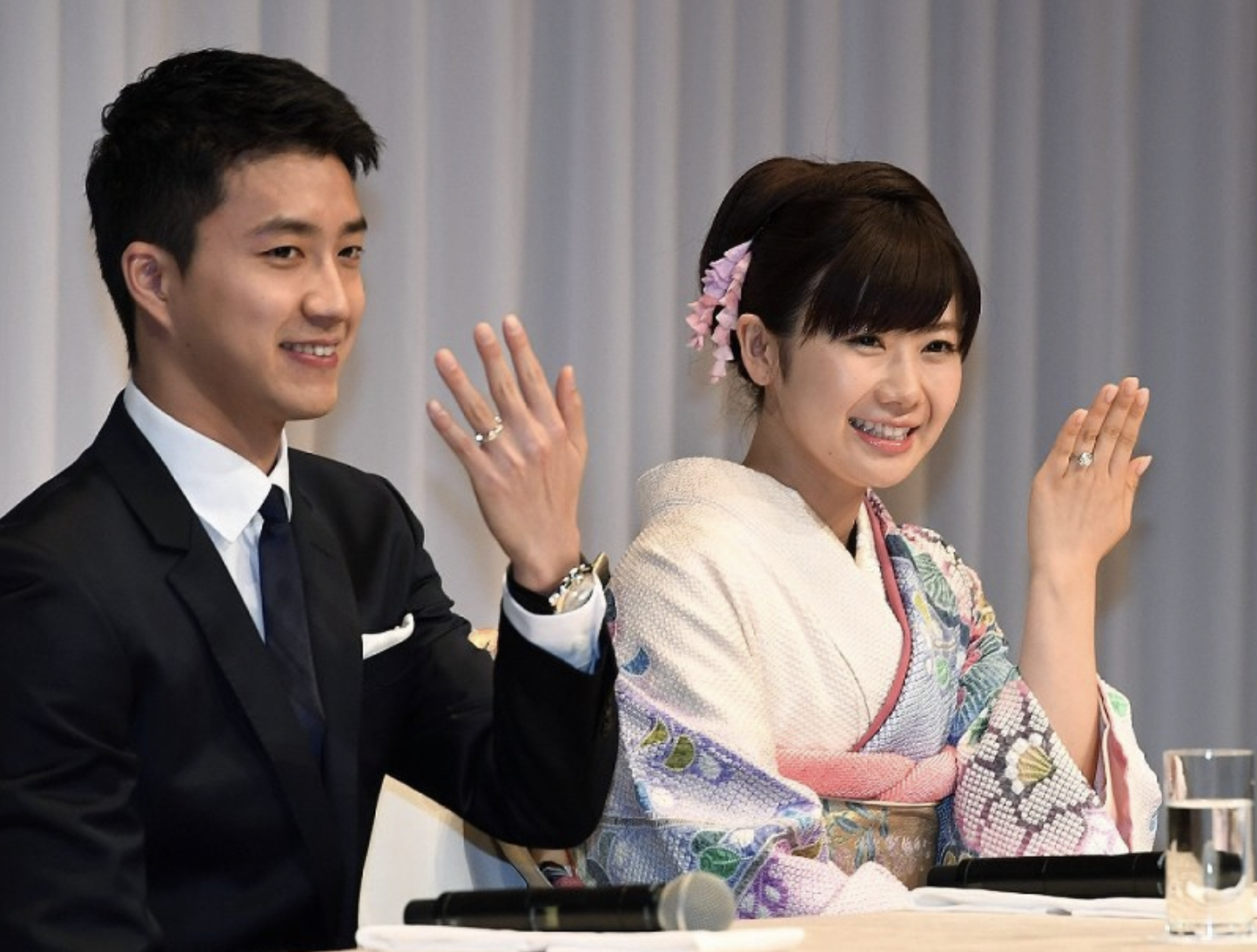
This is what troubles the retired Japanese table tennis player Ai Fukuhara. Japanese gossip magazine Bunshun Weekly revealed last week that the 33-year-old “has been mentally abused by her husband and his family for a long time.” According to the article, Fukuhara has been living a painful life since her marriage to Taiwaness table tennis player Chiang Hung-Chieh.
Fukuhara has been solely responsible for all housework with barely any help from her husband since the beginning of the marriage. When she was pregnant, she suffered from severe morning sickness, but Hung-Chieh accused her of “wasting the nutrition of the baby.” Worse still, she would be scolded and called “bitch” if she wore anything fancy or fashionable.
The abuse was not limited to her husband – her family-in-law also appears to have participated, as Hung-Chieh's mother and sister treated her as a “money tree” and took advantage of her fame. According to the reporting, the mistreatment was foreshadowed on the couple's wedding day when Hung-Chieh cited “shoulder pain” as the reason he couldn't take Fukuhara to Disneyland for the wedding ceremony, even though he knew that the destination carried significant meaning for her.

As details came to light and the news quickly spread across Chinese social media, Chinese netizens immediately threw a tantrum. It’s not every day that the Chinese people stand with those of Japan, and yet it’s no surprise that the person to unite them is Fukuhara. One of Japan’s famous athletes, Fukuhara rose to fame as a child prodigy in table tennis. She first came to China at age 5 to compete in Liaoning Province. Since then, she has come to China every summer to train for a month or two. In 2005, Fukuhara joined the China Table Tennis Super League and started training with Chinese team members. She competed at the Olympics from 2004 to 2016, winning Japan a silver medal at the 2012 London Games and a bronze in Rio de Janeiro.
Fukuhara is well-known among Chinese sports fans not only for her excellent table tennis skills but also for her fluency in Chinese with a hilarious 东北话 dongbei dialect. She’s the rival of the Chinese team, but also close friends with many Chinese players. When she cries over a lost match, it’s common to see players from both countries comfort her. When she announced her marriage to Chiang in 2016, thousands of Chinese fans sent blessings under her Weibo post.

On Wednesday, Fukuhara was seen walking with a tall and handsome man in Japan, but later that day she clarified that the man is just a friend. Rumors started spreading in January that Fukuhara moved to Japan by herself, leaving her husband and two kids back home in Taiwan, and the couple are allegedly in divorce proceedings. But Fukuhara's husband denied those allegations, saying “it takes much more effort to manage a mixed marriage.” On Thursday, Fukuhara posted a long letter in Japanese to apologize for the mess the controversy caused. Under the post, a comment from a Chinese netizen reads, "No need to apologize Ai-Chan. Run away from him, quickly!"
Survival show shoots overseas student to fame
Regular readers of this column may remember the disastrous opening to this year’s boy band survival shows, Chuang 2021 and Youth With You 3, produced by Tencent and iQiyi, respectively, which resulted in memes of the "mentors" shocked expressions. Things have been stirring up again on the show as a few participants were added into the mix, and their performances were overwhelmingly praised. Among them, David Kolosov from Russia attracted much attention, not just for his looks, but for his talent, too.

Before the show, Kolosov had made a name for himself at Beijing Language and Culture University where he served as the vice-president of the student association and also won the 2014 Chinese Bridge Chinese Proficiency Competition. After getting his master’s degree from Tsinghua University, he turned to a musical career as a singer and has appeared on several reality shows. In this year’s Chuang 2021, Kolosov quickly earned fans for his politeness, standard Mandarin, and steady-handed calligraphy. Although he’s still a freshman on stage, trying to figure out how to keep his voice steady while dancing, he has already harvested a lot of love on China’s social media with 1.47 million Weibo followers.
Chinese director Jiang Wen shoots a smartphone commercial
The last time we heard from Jiang Wen was his 2018 movie, Hidden Man (邪不压正 xié bù yā zhèng). The 58-year-old director – who also appeared in the Star Wars film Rogue One: A Star Wars Story – has recently returned with his “latest work,” a commercial film for China’s smartphone brand Oppo. Starting with the proposition, “What would I do if I were a designer of smartphones,” Jiang sits in the center of an empty space topped by a round-shaped dome, giving voice to his wild imagination about the concept of “a future smartphone.” The commercial is shot in black and white, which echoes Jiang’s aesthetic style. Instead of being the “brand ambassador” or “director,” Jiang is titled the “image explorer” in the ad – as you might have guessed, photography is the biggest selling point of this upcoming smartphone.

Jiang Wen is one of China’s highly-recognized directors and actors. Born in 1963 to a military family in the industrial city of Tangshan, Hebei Province, he relocated with his family to Beijing at the age of 10. He studied acting in 1980 at Beijing’s Central Academy of Drama, and upon graduating in 1984, immediately began his professional career with roles on stage. The first film he starred in was Hibiscus Town (1986), but what made him a household name was the TV series, A Native of Beijing in New York, and his role in Zhang Yimou’s Red Sorghum, which introduced him to international audiences. In 1994, he made his directorial debut with the film In the Heat of the Sun, a contemplative drama about a wayward boy’s teenage life. In 2000, his masterpiece Devils on the Doorstep gained him the Grand Prix at the Cannes International Film Festival. However, because he didn’t submit it to the Chinese Film Bureau’s approval, the film was subsequently banned in China and Jiang was prevented from making movies for two years. In recent years, he's returned to directing, and a few crowd-pleasers, such as Let the Bullets Fly (2010), and Gone with the Bullets (2014), were produced under his direction.
READ: Beijing Pops: Aftermath of Zheng Shuang’s Surrogacy Scandal
Images: Sohu, Weibo

